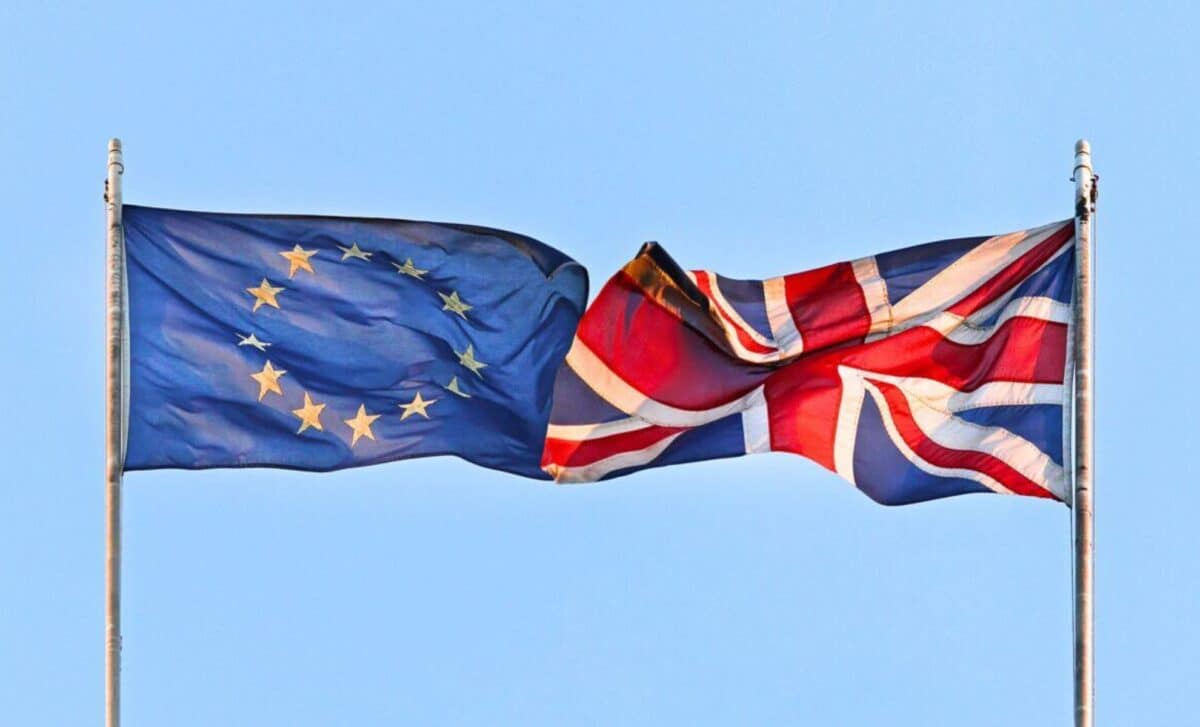Energy bills in the UK are set to increase by £112 annually for millions of households under new proposals linked to the UK’s involvement in the European Union’s net-zero emissions trading scheme. The move, spearheaded by Labour leader Sir Keir Starmer, could have far-reaching implications for both consumers and the broader energy market.
This rise in energy bills comes as Ofgem, the UK’s energy regulator, explores ways to distribute the costs of the energy transition more equitably. In parallel, the UK government is considering aligning its emissions trading scheme with that of the EU, a shift that could lead to higher energy prices for some households, particularly wealthier ones.
The Impact of the EU Net-Zero Scheme
According to various reports, the UK government is set to enter into a new agreement with the European Union that would see the two regions’ carbon emissions trading schemes integrated. This move could result in a substantial increase in energy costs, potentially driving up the average household energy bill by as much as £112 annually.
Sir Keir Starmer, leader of the Labour Party, is expected to push for the UK’s participation in the EU’s net-zero framework, with discussions aiming for an agreement as early as next month.
The integration of emissions schemes is part of a wider effort to harmonize climate policies across Europe and achieve more ambitious net-zero goals. However, critics argue that the financial burden of these changes could fall disproportionately on consumers, particularly those in higher income brackets.
The potential increase in energy costs is compounded by the rise in standing charges proposed by Ofgem. These charges, which are fixed and independent of the amount of energy used, could be adjusted to ensure that wealthier households contribute more to the costs of transitioning to renewable energy.
Meanwhile, low-income households may see their charges discounted to offset the higher costs of energy.
Ofgem’s Proposal for More Progressive Energy Billing
Ofgem’s ongoing review of energy pricing includes examining the standing charges system, which has been criticised for disproportionately affecting low-energy consumers.
Jonathan Brearley, the CEO of Ofgem, confirmed that the regulator was looking into ways to make the cost distribution more progressive. This could involve scaling standing charges based on income, with higher earners paying more.
The review is part of a broader push to achieve a “fairer” energy system as the UK works towards decarbonising its economy. According to Brearley, the energy industry faces significant challenges in managing the transition to net-zero, including how to balance the financial burden across different segments of society.
The move has sparked debate, with financial experts like Martin Lewis, founder of Money Saving Expert, arguing that standing charges are an unfair burden on low-income households. For these consumers, the introduction of higher standing charges could lead to an increased overall cost of living, without providing any immediate benefits in return.
The government’s potential link-up with the EU emissions scheme could represent a pivotal shift in UK climate policy, but it raises questions about who will ultimately bear the financial cost of this transition.
For now, the issue remains under active review, with further discussions expected at a government summit in May.









